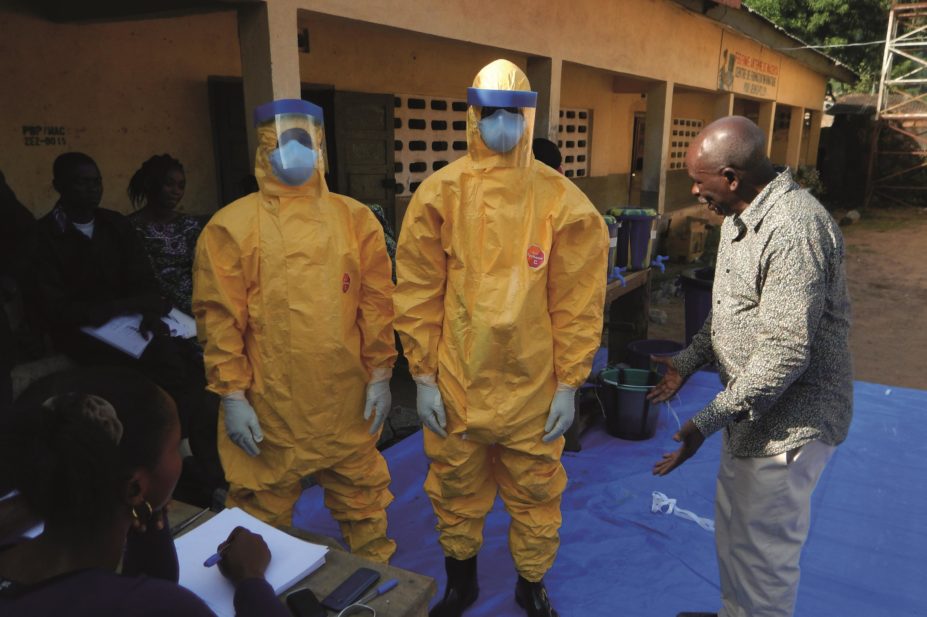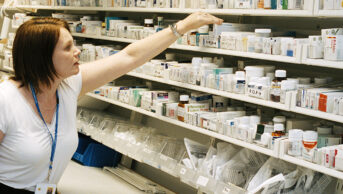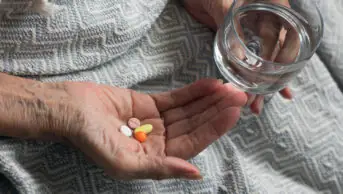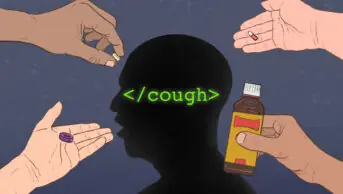
Lindsey Horton / CDC
For healthcare workers (HCWs) in West Africa, the risk of contracting Ebola virus disease when treating infected patients is not well characterised and there is no consensus on whether to use post-exposure prophylaxis (PEP) after accidental exposure. Now, a UK study published in The Lancet Infectious Diseases[1]
has formulated a risk assessment and management strategy.
Eight HCWs who were potentially exposed to the virus were treated according to the strategy. Four HCWs with intermediate or maximum exposure risk received PEP with antiviral agents and follow-up for 42 days. None of the eight HCWs developed Ebola virus disease.
The researchers at the Royal Free London NHS Foundation Trust and Public Health England conclude that new experimental antiviral treatments are a viable option for PEP against Ebola and that standardised risk assessments should be developed to establish their efficacy and safety.
References
[1] Jacobs M, Aarons E, Bhagani S et al. Post-exposure prophylaxis against Ebola virus disease with experimental antiviral agents: a case-series of health-care workers. The Lancet Infectious Diseases 2015 http://dx.doi.org/10.1016/S1473-3099(15)00228-5


